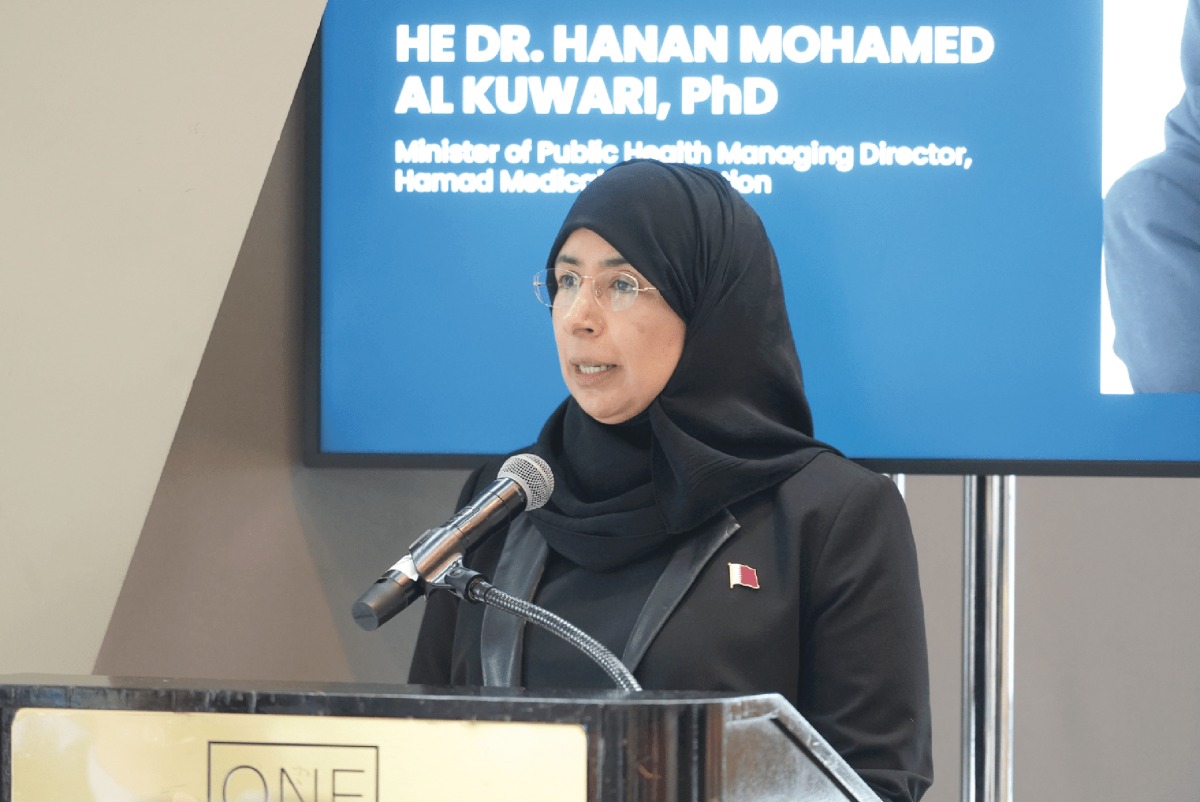At the 79th United Nations General Assembly in New York, the Qatar Foundation and the Permanent Mission of Qatar highlighted the importance of making precision healthcare accessible to all. In a session titled ‘Precision Health for All: The Role of International Partnerships’, Qatar’s efforts in the field of precision health were showcased to an international audience, including scientists, academics, policy experts, and health industry leaders. Minister of Public Health H E Dr. Hanan Mohamed Al Kuwari emphasized Qatar’s commitment to implementing a strategy to deliver precision health as part of Qatar National Vision 2030. The nation is focusing on genomic sequencing and genetic screening programs to advance biology and medicine and discover new treatments.
The infrastructure established by Qatar Precision Healthcare Institute has allowed researchers to map the Qatari and broader Arab genome, identifying unique variants related to disease causes and pharmacogenomics. Biological samples are stored in a biobank, and the data is being used to provide precision healthcare services in Qatar. The integration of whole genome sequencing and omics technologies in Sidra Medicine’s newborn screening program is aiding in the early diagnosis of rare diseases. Dr. Al Kuwari stressed the potential for health, wellbeing, and economic benefits in shifting the focus from disease treatment to prevention, calling for global partnerships to improve healthcare outcomes worldwide and make preventative care a cornerstone of medical practice.
The session, attended by over 100 individuals, was moderated by Dr. Hilal Lashuel, Research, Development, and Innovation Adviser at Qatar Foundation. Dr. Lashuel highlighted the lack of representation of non-European populations in genomic studies, with over 80 percent of genetic data used for research and drug development coming from people of European descent. This underrepresentation limits the understanding of genetic diversity and its impact on health in other groups. Developing diagnostics and therapies based on data from only one population risks perpetuating existing health inequalities and leaving large segments of the population behind in precision health solutions.
Dr. Al Kuwari called on scientists, specialists, thought leaders, and experts to collaborate in realizing the full potential of precision health, both in Qatar and globally. The session underscored the need for diverse representation in genomic studies to ensure that precision healthcare solutions are equitable and accessible to all. With a focus on prevention rather than treatment, Qatar is paving the way for advancements in biology and medicine, ultimately improving healthcare outcomes and quality of life for individuals worldwide. The session highlighted the importance of international partnerships in advancing precision healthcare and addressing health disparities on a global scale.










